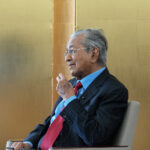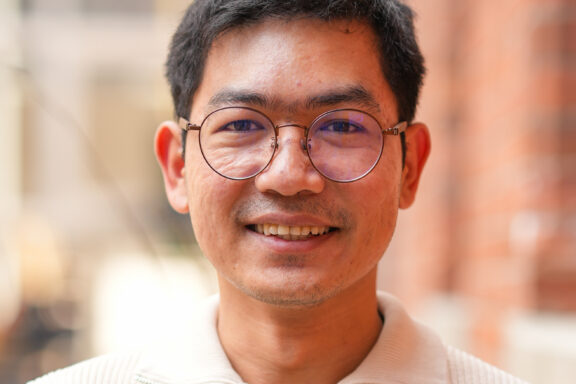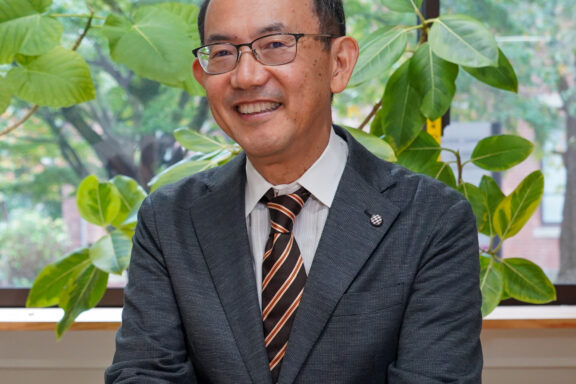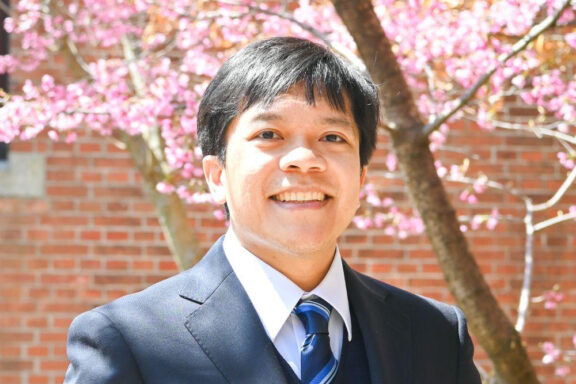Interview with Professor Patricio N. Abinales
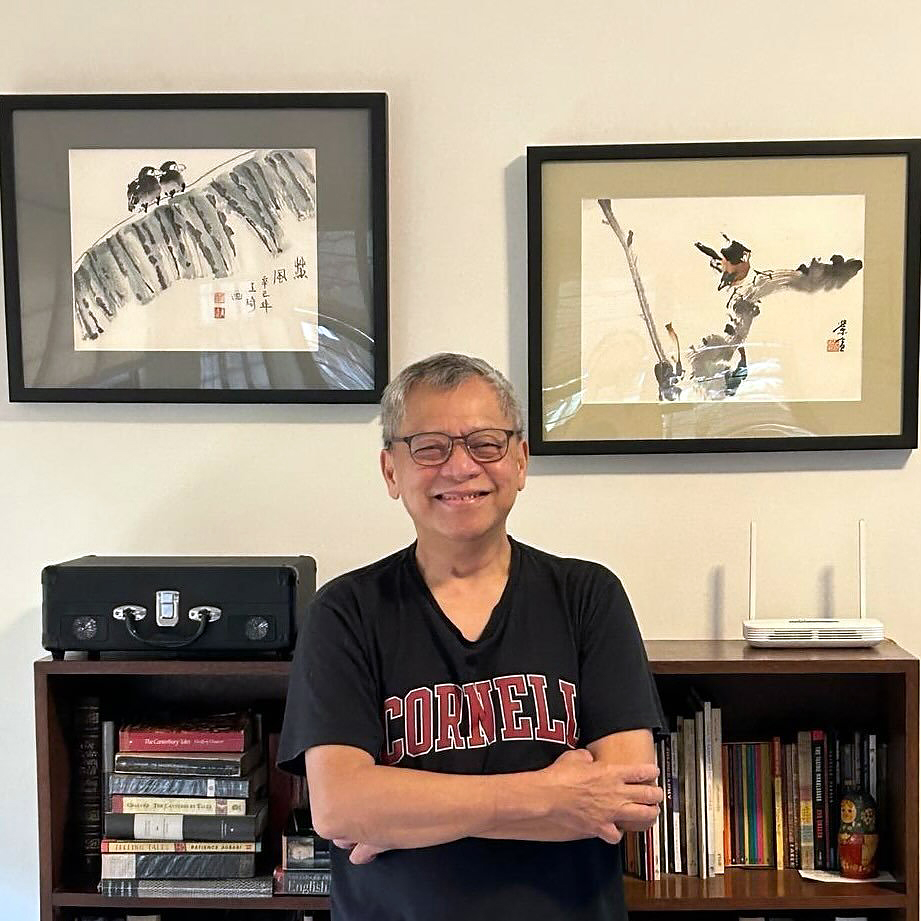
Short bio: Patricio N. Abinales grew up in Ozamiz City, the southern Philippines. He recently retired from his post as professor at the Department of Asian Studies, University of Hawaii-Manoa. He co-wrote State and Society in the Philippines (2017) with Donna J. Amoroso, and his latest book is Presidents and Pests, Cosmopolitans and Communists (2023).
(Photo: Author with paintings of Prof. Caroline Sy Hau’s parents)
From 2001 to 2011, Professor Patricio N. Abinales taught at the Center for Southeast Asian Studies, Kyoto University. As a scholar of Philippine politics and culture, he has conducted joint research with many scholars in the Philippines, Japan, and beyond. Professor Abinales currently stays at the Center as Visiting Research Scholar. We took this opportunity to talk with him about his research, the people who have influenced him, and recommended books.
──Please tell us about your research.
My research project is about everyday forms of authoritarianism as these were enforced in the University of the Philippines (UP) during the 15-year dictatorship of President Ferdinand Marcos. I became interested in this topic after encountering this startling contradiction between the public image of UP as a haven of radical politics and the pervasive political apathy amongst UP students at the ground level. This is not only a recent phenomenon but one that goes back to the late 1970s.
The study of Philippine politics has focused on recognizable means of institutional domination and popular resistance to such impositions. There is little on how this power is exercised in everyday life and how much it alters attitudes and actions. There is also not much study on how administrators use their power to push back and oppose authoritarian measures—the bureaucrat’s weapons of the weak, as they were. I hope that in the six months I am here, I will be able to write a draft manuscript.
──Why did you choose to be a scholar, and how did you decide on your current research topic and approach?
I’ve always loved studying history, and my current research goes back to my undergraduate beginnings when I witnessed and participated in the efforts by students, faculty, and administrators to organize an opposition inside campus soon after Marcos declared martial law in September 1972. You may say that my current research is an autobiography of some sort.
──Please tell us about the people, things, and places you have inspired your research.
As an undergraduate at the University of the Philippines, I was inspired by two professors: the Marxist scholar Francisco Nemenzo, who taught me a lot about how to study Philippine politics, and historian William Henry Scott, who was an excellent guide in exploring the lives of marginalized communities.
In graduate school, my adviser, Benedict Anderson, imparted on me the value of what he called “negative comparisons.” China scholar Vivienne Shue guided me as to how to track and analyze “the voices from below,” and Takashi Shiraishi showed me the importance of state institutions, especially agencies like the police.
I was most productive as a scholar in two places: Cornell University in Ithaca, New York, as a graduate student at the Department of Government, and here at the Southeast Asia Program, and at the Center for Southeast Asian Studies, Kyoto University, where I was faculty for 10 years.
──Please tell us about the books and experiences that have particularly influenced you.
The books that inspire me are pretty eclectic. Robert Darnton’s The Forbidden Best-Sellers of Pre-Revolutionary France and James C. Scott’s Weapons of the Weak: Everyday Forms of Peasant Resistance help me understand the “mentalities” of social groups, especially the poor. My interest in state formation led me to John Furnivall’s The Fashioning of Leviathan and Stephen Skowronek’s Building a New American State: The Expansion of National Administrative Capacities, 1877–1920. My curiosity about various forms of local power often brings me back to the Alfred W. McCoy edited volume Lives at the Margin: Biography of Filipinos, Obscure and Ordinary and Yoshinori Nishizaki’s Political Authority and Provincial Identity in Thailand.
During my field research for my doctoral dissertation, I encountered Muslims in the southern Philippine island of Mindanao. Then I discovered how strongly connected Mindanao has been with maritime Southeast Asia and the world beyond. These two experiences led me to explore comparing state formation between imperial metropoles and their colonies, and the tensions between nationalism and cosmopolitanism in the borders of nation-states.
──Could you tell us about your ideal image of a researcher?
Someone who spends substantial time doing fieldwork, learning the languages of the community one studies, then moves to the archives to seek documents that surprise
──Please tell us about the difficulties you faced in compiling the results of your research into a paper or book.
If you study communities living on borders of nation-states, who live illicit and marginalized lives, how much of their stories would you be willing to tell the world outside.
──Please tell us about your must-have gears or must-haves of research and writing.
A capacity to listen for extended periods to respondents and people one studies, and the patience in scouring the archives for information to help you better understand the subjects of your research.
──Which books do you recommend for young scholars and why?
Joshua Barker’s State of Fear: Policing a Post-Colonial City (2024), a study of policing in Bandung, Indonesia, is an exceptional piece of historical ethnology and a must-read if you are interested in power and resistance at the local level. Diana Kim’s Empires of Vice: The Rise of Opium Prohibition Across Southeast Asia (2020) then looks at another kind of policing across the colonial states of Southeast Asia. Tim Harper’s Underground Asia: Global Revolutionaries and the Assault on Empire (2022) is a fascinating account of efforts by young Asian revolutionaries going around the world in an effort to build international solidarity for their national revolutions.
Finally, I am sure everyone in Southeast Asia and Japan worries about the chaos in the United States now and why this is happening. Suzanne Mettler’s and Robert Lieberman’s Four Threats: The Recurring Crises of American Democracy (2020) compare episodes in the history of the United States where authoritarian and exclusionary politics dominated and put Trumpism in historical perspective.
──Please tell us your future ambitions.
If I have the resources and I am healthier, I plan to go around Southeast Asia interviewing rural communities about their interaction with their respective rodent populations and write a book I tentatively title “Tikus Raja: Politics, Pestilence and Ecosystems in Southeast Asia.” I also intend to complete a book on the social world of the Filipino cuisine.
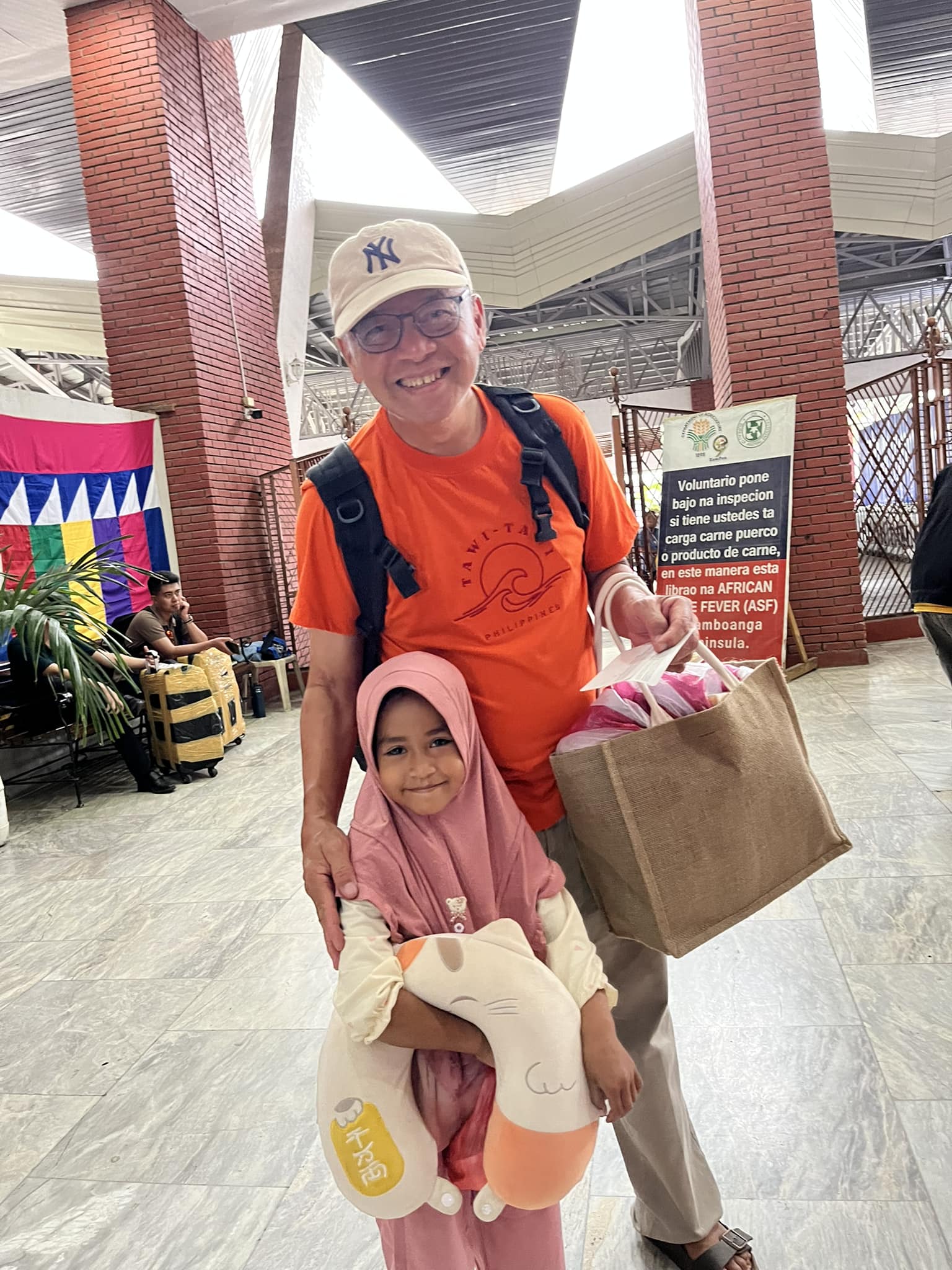
November 2024.
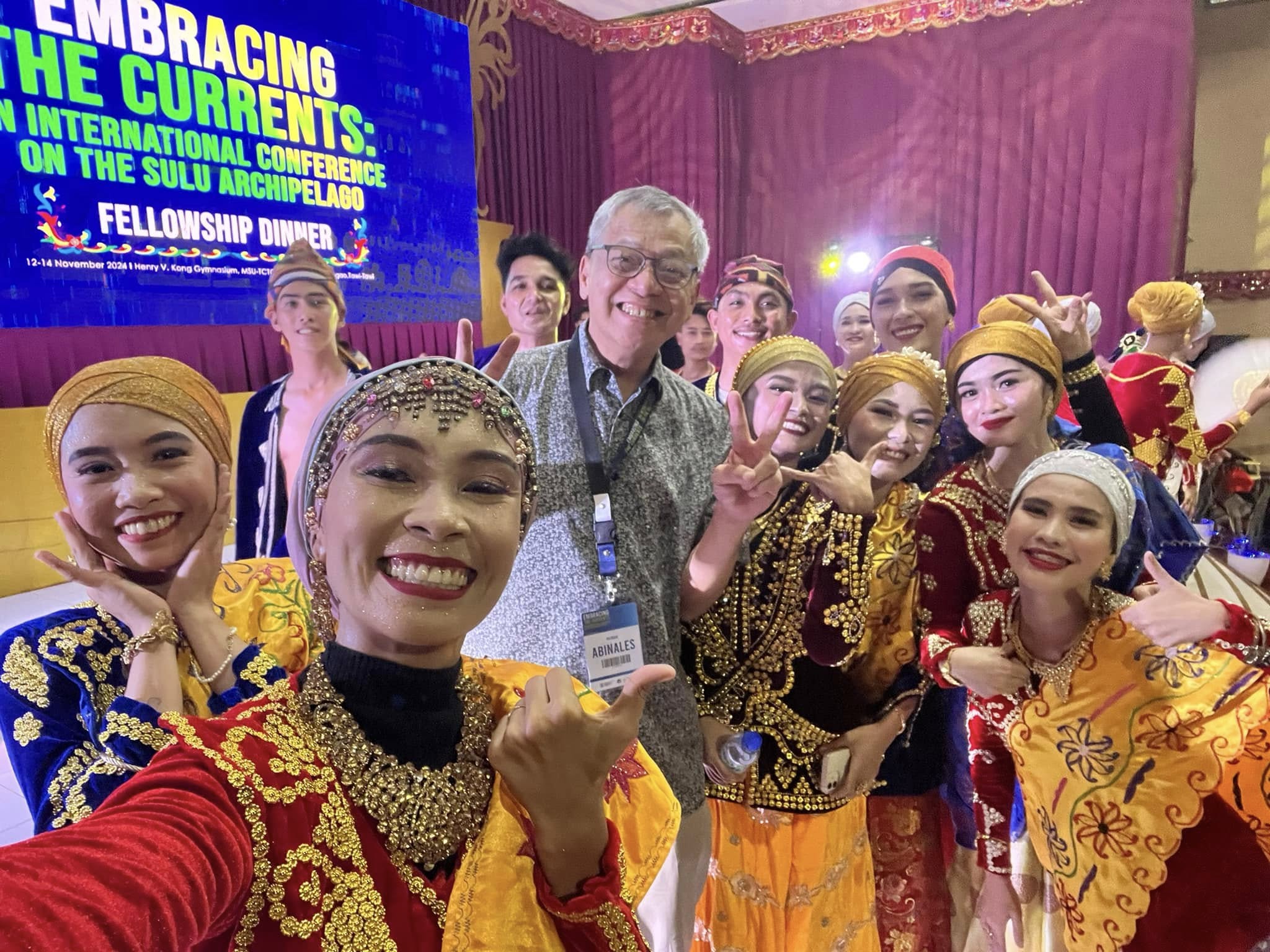
(April 15, 2025)
This article is also available in Japanese. >>
「国境の中心性、境界地域の世界性」
(パトリシオ・アビナーレス)

